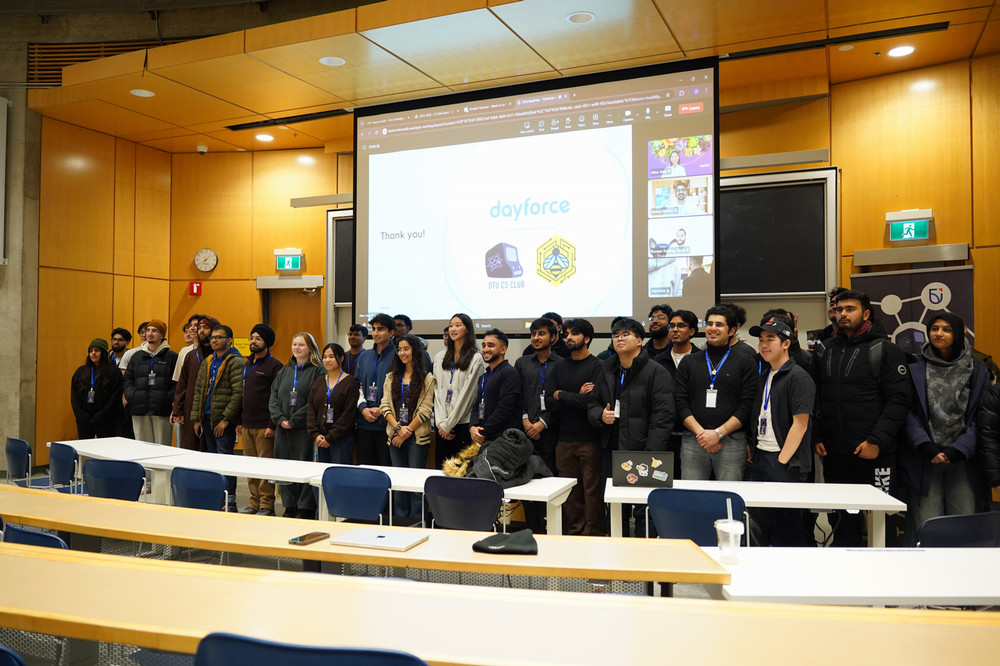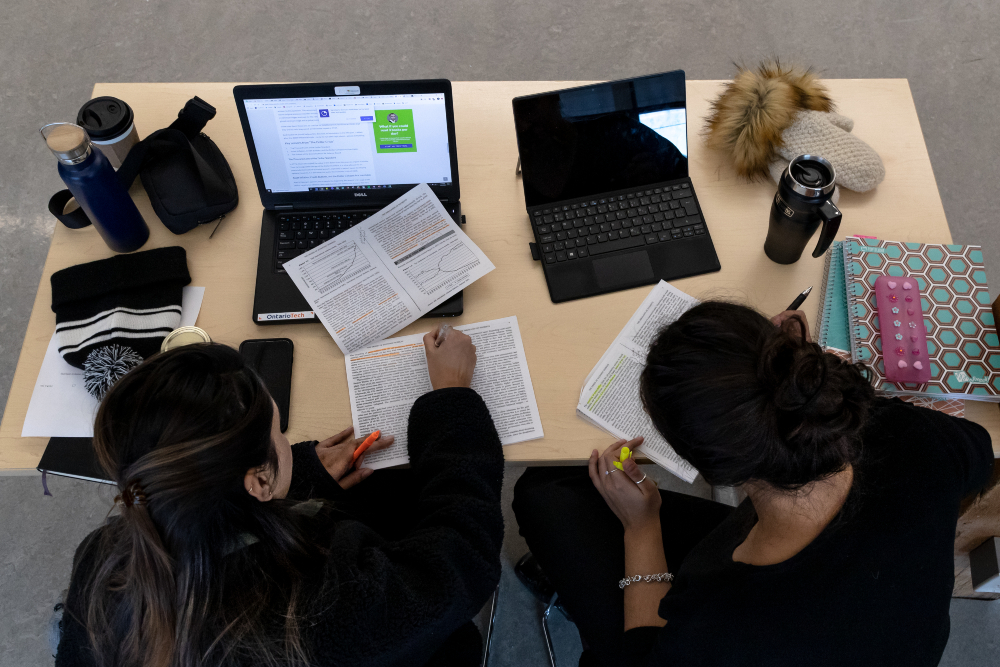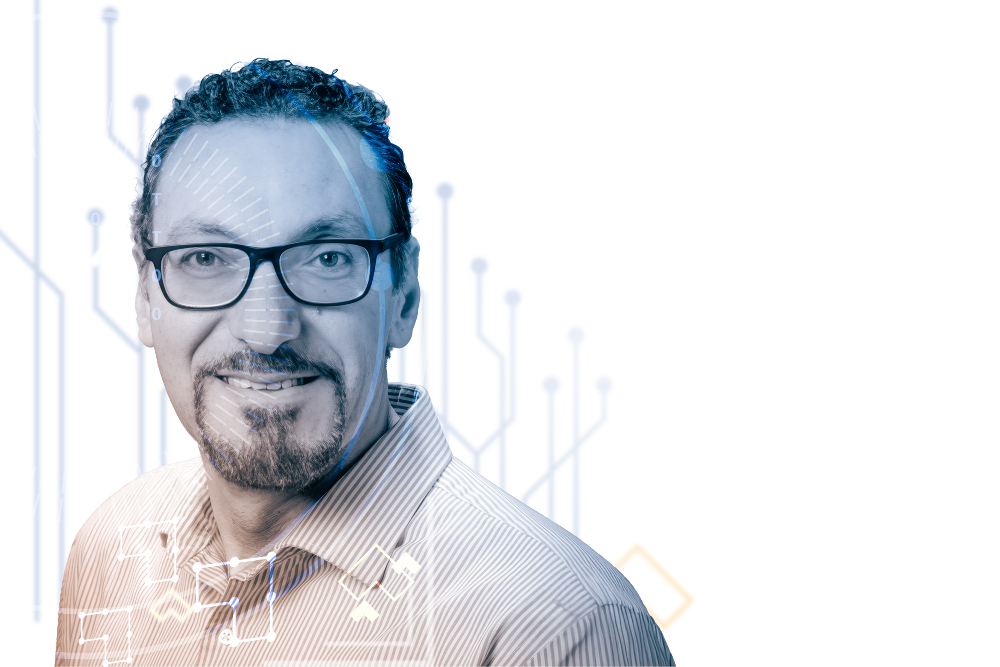Department of Energy and Nuclear Engineering
The Department of Energy and Nuclear Engineering offers Canada's only undergraduate Nuclear Engineering program and rates third in North America for Nuclear Engineering graduates at the Bachelor's level.
Energy systems and nuclear science are interesting, challenging and important areas of study, presenting significant employment opportunities in various technical areas for engineers and scientists. In brief, we strive to continuously learn and understand the safe, reliable and efficient generation of environmentally-conscious energy. Different forms of energy include fossil fuels, hydro, geothermal, nuclear, solar and wind, as well as emerging technologies such as energy storage. Electricity is perhaps the main “product” of energy. However, there are many applications of nuclear technology and radiation, encompassing the environment, industries (manufacturing), radiation protection, regulation and public health. Energy is a large-scale challenge for humankind as it is often linked to climate change.
Welcome Future Students!
The Research Rundown
Season 4 Episode 02 - Long-Term Scope of Low-Carbon Energy Generation
Welcome to Season 4, episode 2 of "The Research Rundown"! Join host Nikolina Geneski, a first-year masters in nuclear engineering student at Ontario Tech University, in a dynamic conversation with Dr. Jennifer Mckellar, an Associate Professor and the Acting Chair of the Department of Energy and Nuclear Engineering. With 11 years of teaching at Ontario Tech University, Dr. Mckellar delves into her pioneering work on Small Modular Reactors' life cycle assessment. Gain insights into the environmental impact of nuclear energy and its role in sustainability. Don't miss this episode unpacking Dr. Mckellar's journey and vision for the future of the nuclear industry.
Interviewee:
Dr. Jennifer McKellar, Associate Professor, Acting Chair, Department Chair Energy and Nuclear Engineering
Interviewer:
Nikolina Geneski, 1st year Masters in Nuclear Engineering Student
Season 3 Episode 01 - The Future of Nuclear Power in Canada
The Research Rundown is back for Season 3, and in this inaugural episode, host Valery Senka sits down with Dr. Markus Piro to discuss his career path and current research in the nuclear power sector. Together, Valery and Dr. Piro discuss the different types of nuclear power generation, the emergence of Small Modular Reactors (SMRs), and how students will play an important role in their development and maintenance. Dr. Piro also discusses the exciting and continuously growing nuclear power landscape across Canada.
Interviewee:
Dr. Markus Piro, Associate Professor, Canada Research Chair (Tier II) in Nuclear Fuels and Materials, Department Chair Energy and Nuclear Engineering
Interviewer:
Valery Senka, 4th year Nuclear Engineering Student
Latest news
All news
HackHive brings students together to build practical AI solutions
February 20, 2026

Ontario Tech launches human-centred AI Learning Agent pilot
February 19, 2026

Balancing books and podiums: Ontario Tech’s Mac Clark races toward his future
January 28, 2026

Beyond the code: Preparing software engineers for the AI era
January 27, 2026
